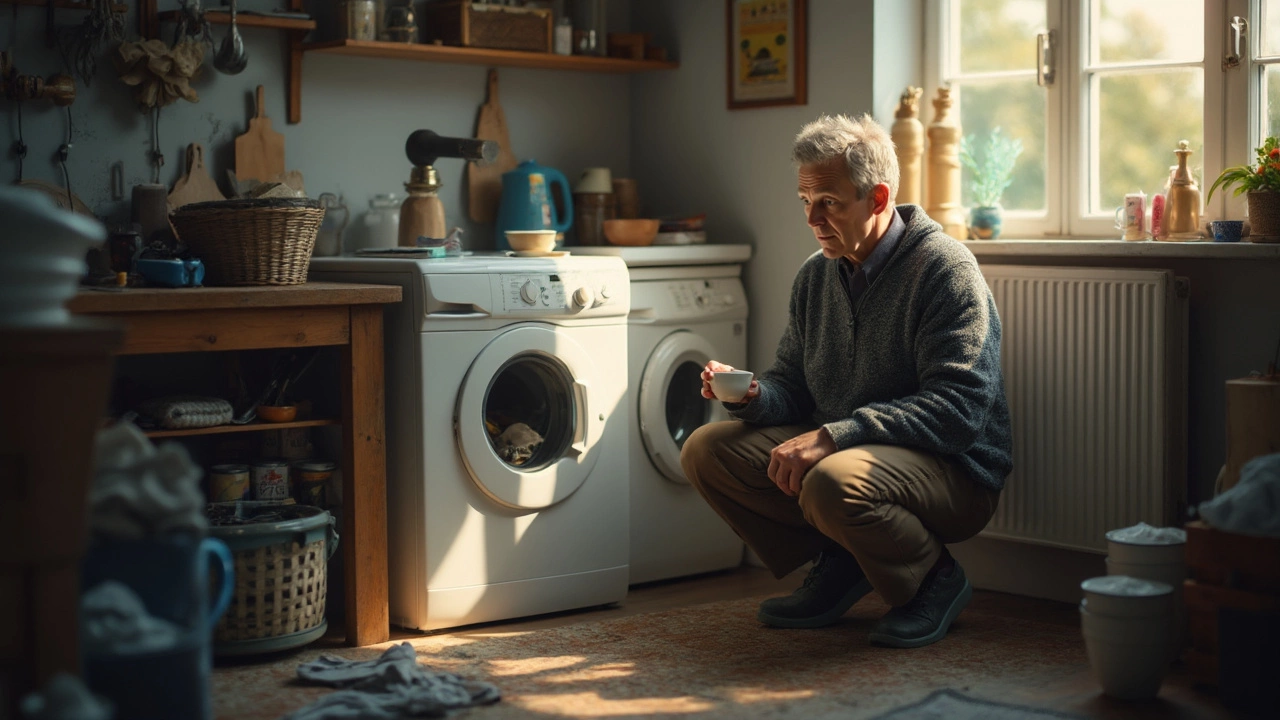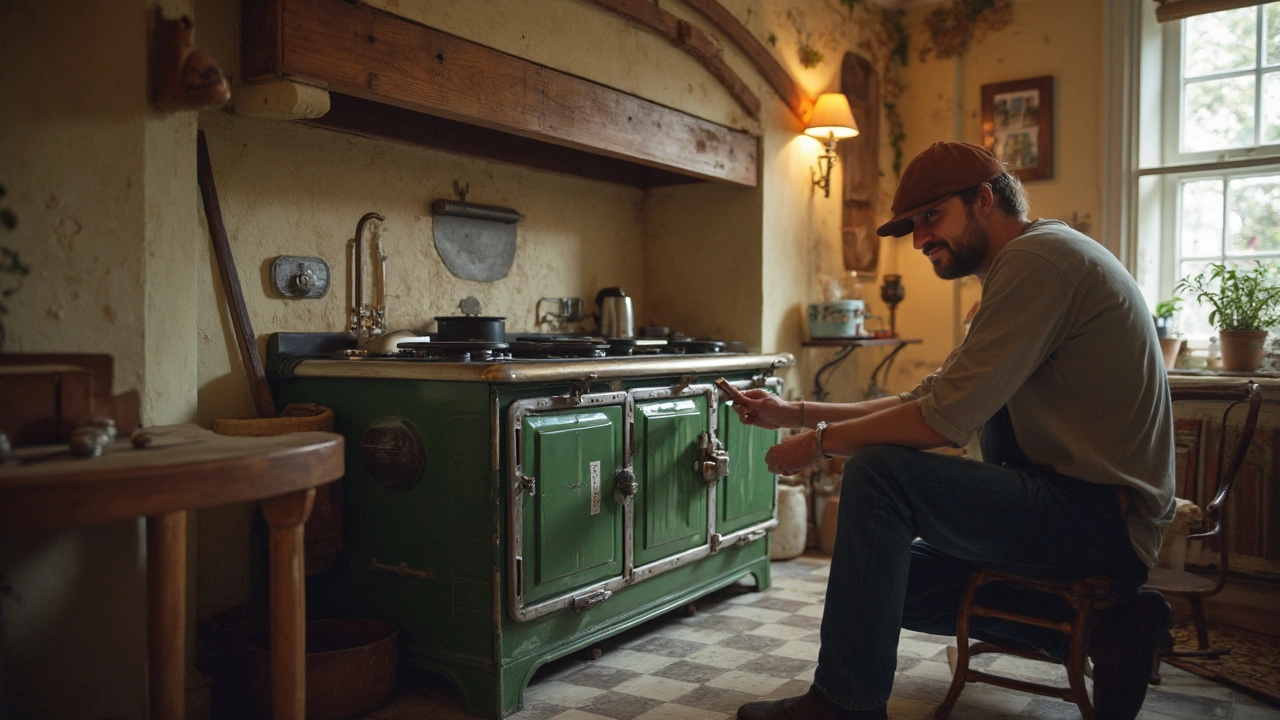Fix or Replace? Simple Ways to Choose Between Repairing and Buying New
When your washer starts leaking or the oven won’t heat, the first question is always the same – do I fix it or replace it? It’s easy to feel stuck between spending on a repair and throwing money at a brand‑new unit. The good news is you don’t need a PhD to make the call. Below are the practical things to check before you pick up the phone.
Look for the tell‑tale signs
Every appliance has a few warning signs that point to a repair‑or‑replace decision. If you hear unusual noises, see frequent error codes, or notice that the machine works only half the time, start timing the problem. A single hiccup might be a cheap fix, but if the issue repeats every few weeks, the repair cost can add up quickly.
Age matters too. Most ovens, washers and dryers have a typical lifespan of 8‑12 years. If your appliance is already beyond that range and you’re facing a major part replacement – like an oven control board or a dryer heating element – the odds are that a new unit will be more reliable and energy‑efficient.
Weigh the cost versus the benefit
Ask yourself three questions: What will the repair cost? How much would a comparable new appliance cost? And how long will the repaired unit last?
Rule of thumb: if the repair is more than 50 % of the price of a new model, it usually makes sense to replace. This rule helps you avoid a situation where you spend a lot now only to face another breakdown a year later.
Don’t forget to factor in energy savings. Modern appliances use less electricity and water, so a new fridge or boiler can offset its purchase price over a few years.
For people who like to get hands‑on, DIY repairs can bring the cost down dramatically. Replacing a faulty hob element or resetting an electric hob often takes less than an hour and a few tools. We have step‑by‑step guides for common fixes that show you exactly what you need.
If you’re not comfortable with electricity or gas, or the part is hard to get, calling a professional is safer. A qualified technician can diagnose hidden issues, such as a failing thermostat inside a hot water heater, that could become dangerous if left unchecked.
In the end, the best decision balances your budget, the appliance’s age, and how much you rely on it daily. Use the signs, run the cost test, and decide if a quick fix will give you peace of mind or if it’s time to upgrade to a fresh, efficient model.
Is a 7 Year Old Washing Machine Worth Fixing? Here’s How to Decide
0 Comments
Wondering if it makes sense to fix your 7 year old washing machine? This article gets straight to the point, exploring the real costs, common breakdowns, and what you should look at before calling a repair guy. We’ll dig into what repair pros say, share some easy troubleshooting tips, and break down when to fix or just swap for a new machine. No misleading advice or tech talk—just honest answers for anyone staring at a broken washer. Read on before you spend a dime.
Read MoreIs it Worth Fixing a 15-Year-Old Stove?
0 Comments
Determining whether a 15-year-old stove is worth repairing involves weighing the costs of repairs against potential benefits and lifespan. Factors such as maintenance history, the severity of issues, and energy efficiency play crucial roles. Sometimes, fixing the stove might extend its life substantially, but other times, replacement could be more cost-effective. Consider budget, sustainability, and convenience when making a decision. This guide helps navigate the pros and cons of repairing older stoves.
Read MoreIs It Cheaper to Fix an Oven or Buy a New One?
0 Comments
Deciding whether to fix your oven or buy a new one can be tricky. Consider factors like repair costs, the age of the oven, and potential savings in your energy bill. We'll also explore common oven problems and when a DIY approach might work. Get tips on how to make the best decision for your budget and household needs.
Read More

